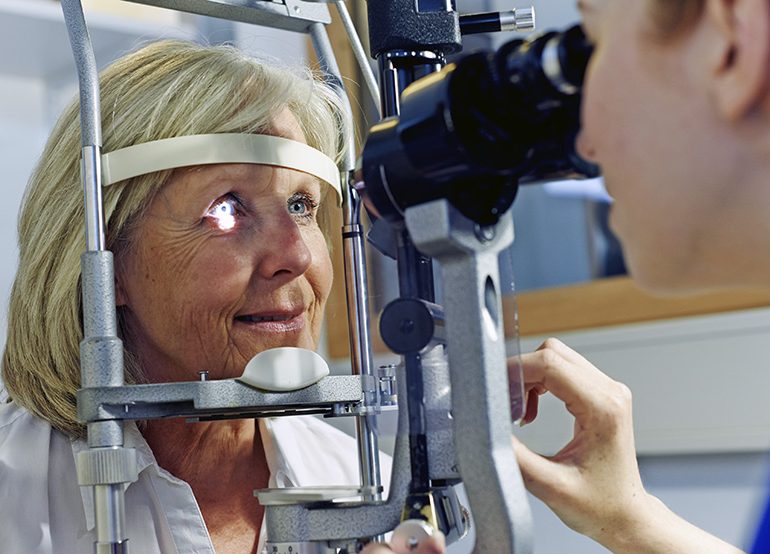People who suffer Parkinson’s disease before age 50 could have been born with damaged brain cells that went undetected for decades, a new study has suggested.
Parkinson’s disease is a progressive nervous system disorder that affects movement, with symptoms starting gradually with a barely noticeable tremor in one hand.
It occurs when brain neurons that make dopamine, a substance that helps coordinate muscle movement, become impaired or die. This causes loss of balance and there’s no known cure.
In a new study, researchers at the Cedars-Sinai Medical Center in California rewound cells of people, who suffered early-onset Parkinson’s disease, to their stem cell forms.
In their findings, published in the journal Nature Medicine, the researchers showed that young-onset patients had brain cell anomalies, even at their embryonic stage.
At least 500,000 people are diagnosed with Parkinson’s in the US each year. While most of these patients are aged 60 or older, it is reported that around 10 percent are between 21 and 50 years old.
“Young-onset Parkinson’s is heartbreaking because it strikes people in their prime,” said Michele Tagliati, director of the movement disorders program at Cedars-Sinai’s neurology department.
“This exciting new research provides hope that one day we may be able to detect and take early action to prevent this disease in at-risk individuals.”
According to the researchers, there was an accumulation of a protein called alpha-synuclein, which is typical of most forms of Parkinson’s disease.
There were also malfunctioning lysosomes, cell structures that act as “trash cans” for the cell to break down and dispose of proteins.
“Our technique gave us a window back in time to see how well the dopamine neurons might have functioned from the very start of a patient’s life,” said Clive Svendsen, Biomedical Sciences and Medicine professor at Cedars-Sinai.
Previous research had claimed that some Parkinson’s are genetic but these hereditary cases remain rare — with only 15 percent of patients suffering it having a family history of the disease.
Copyright 2024 TheCable. All rights reserved. This material, and other digital content on this website, may not be reproduced, published, broadcast, rewritten or redistributed in whole or in part without prior express written permission from TheCable.
Follow us on twitter @Thecablestyle

